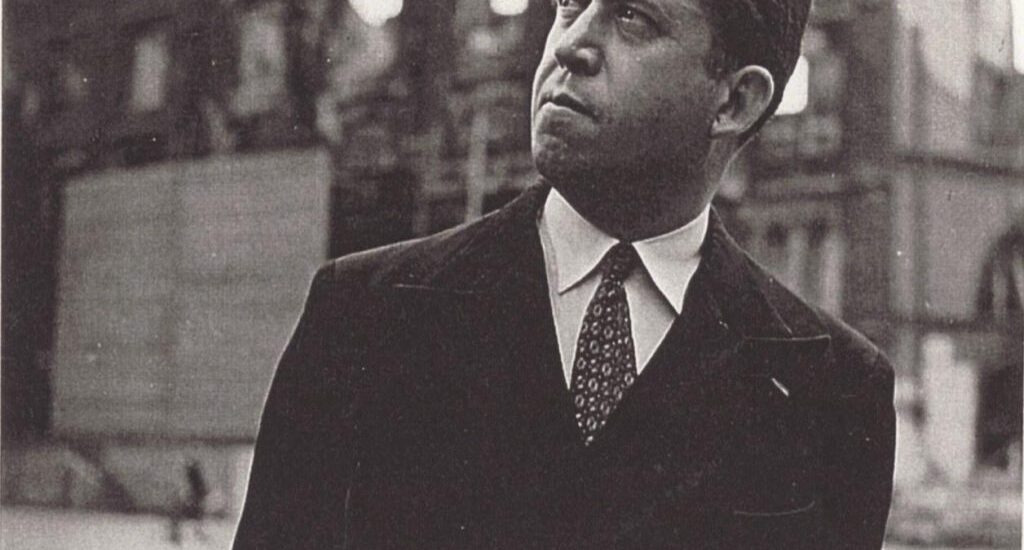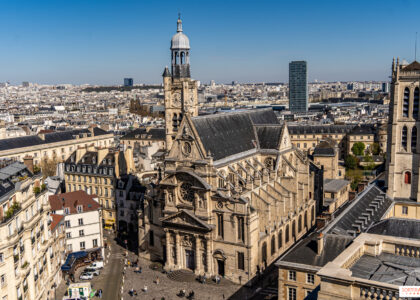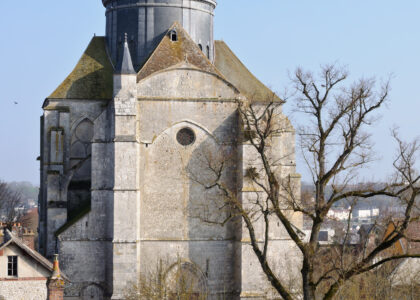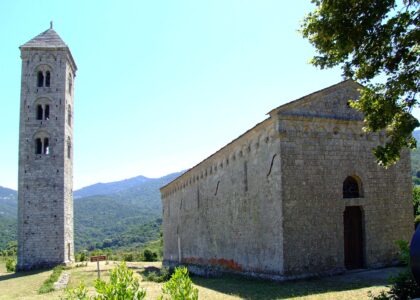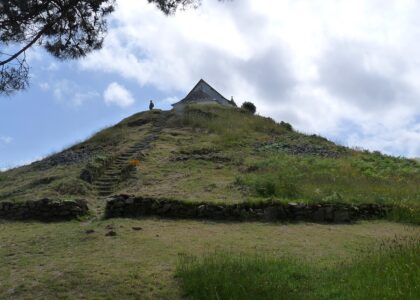In the historical landscape of France, the name Pasteur Pierre-Charles Toureille stands out for his significant contributions to humanitarian efforts during World War II. While specific details about a physical location named after him are sparse, Toureille’s legacy is embedded in the moral and ethical fabric of the time. Born in 1900, Pierre-Charles Toureille was a French Protestant pastor known for his courageous actions in rescuing Jews from the Holocaust. His work was deeply intertwined with the history of the Cévennes region, an area known for its resistance movements.
The Cévennes, with its rugged terrain and dense forests, has historically served as a haven for those resisting oppression, from the Camisards in the 18th century to the Maquisards during World War II. Toureille’s efforts were part of this rich tradition of resistance. During the war, he was instrumental in organizing safe passages and hiding places for Jews, leveraging his connections with various Protestant networks and the broader resistance movement.
Toureille was also a key figure in organizing the International Youth Conference at the International Fellowship School in Gland in 1932, alongside notable figures like Dietrich Bonhoeffer. This school was a hub for fostering international understanding and cooperation, reflecting Toureille’s commitment to peace and reconciliation.
Throughout his life, Pierre-Charles Toureille exemplified the spirit of courage and compassion, qualities that resonate with the Cévennes’ legacy of resistance. His actions during a time of great peril not only saved countless lives but also reinforced the importance of standing up against tyranny and injustice.
Although there may not be a specific site to visit associated with Toureille, his story is a powerful reminder of the impact one individual can have in the face of adversity. For those exploring the Cévennes, his legacy is a poignant part of the region’s rich tapestry of history, a testament to the enduring spirit of resistance and humanism.


